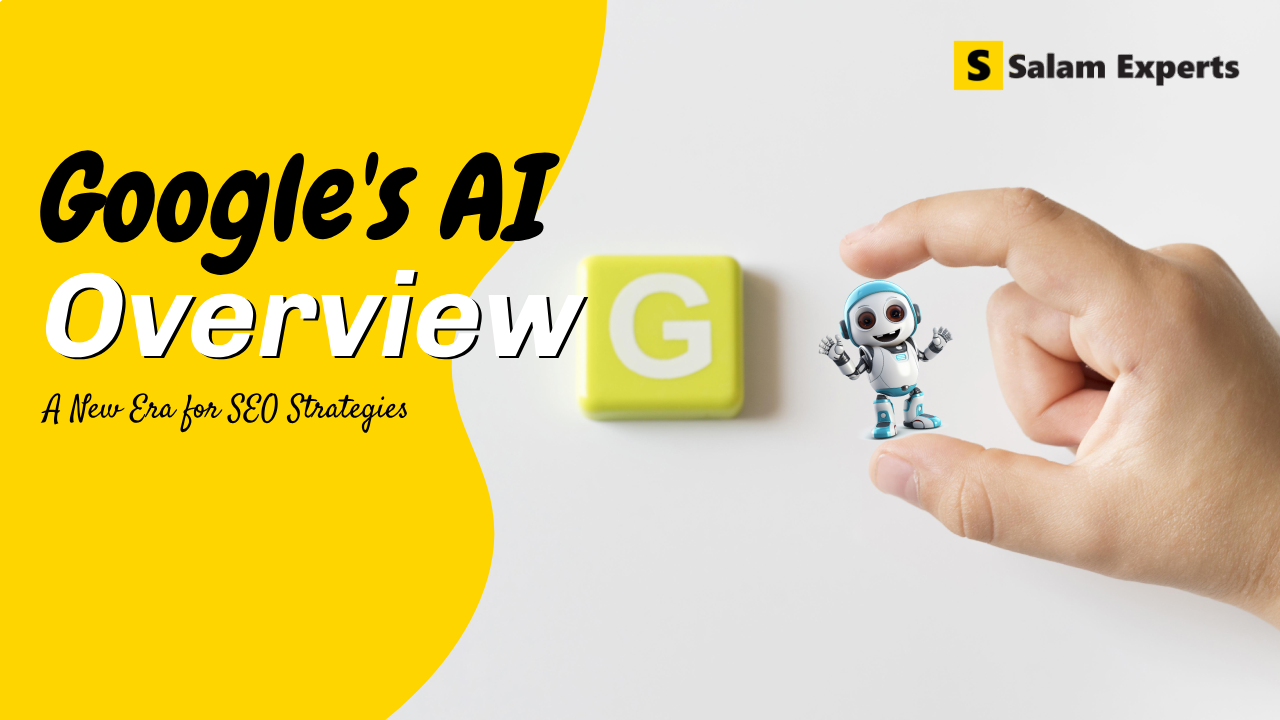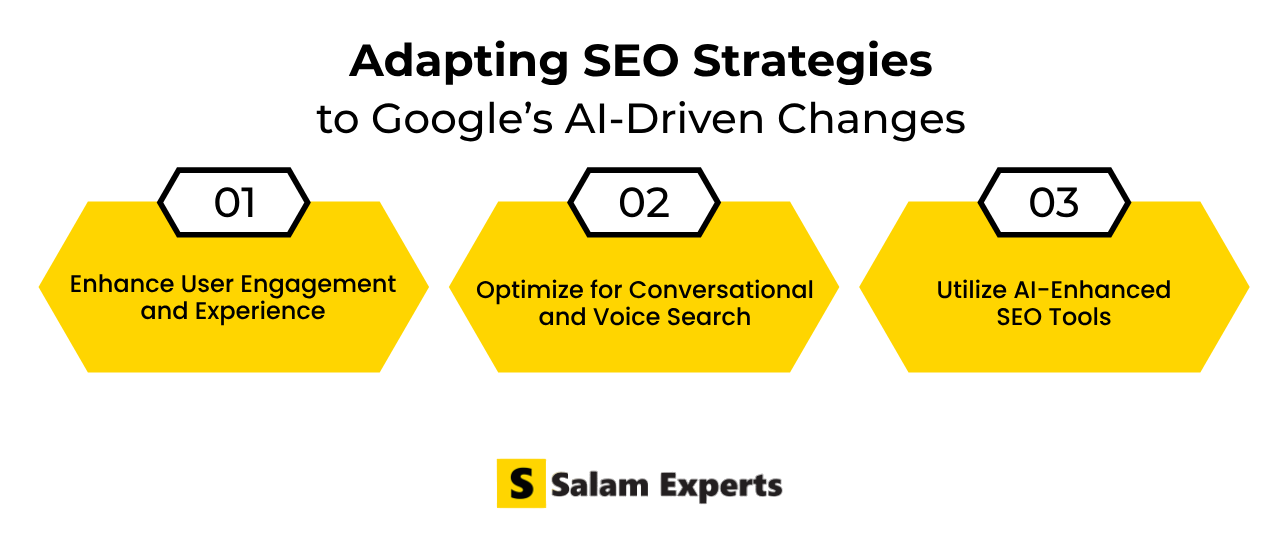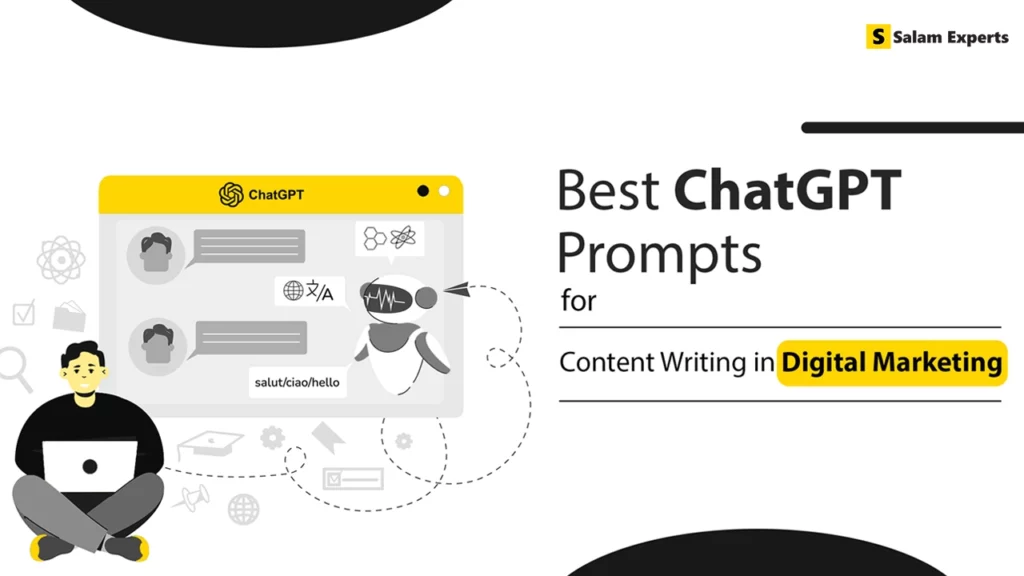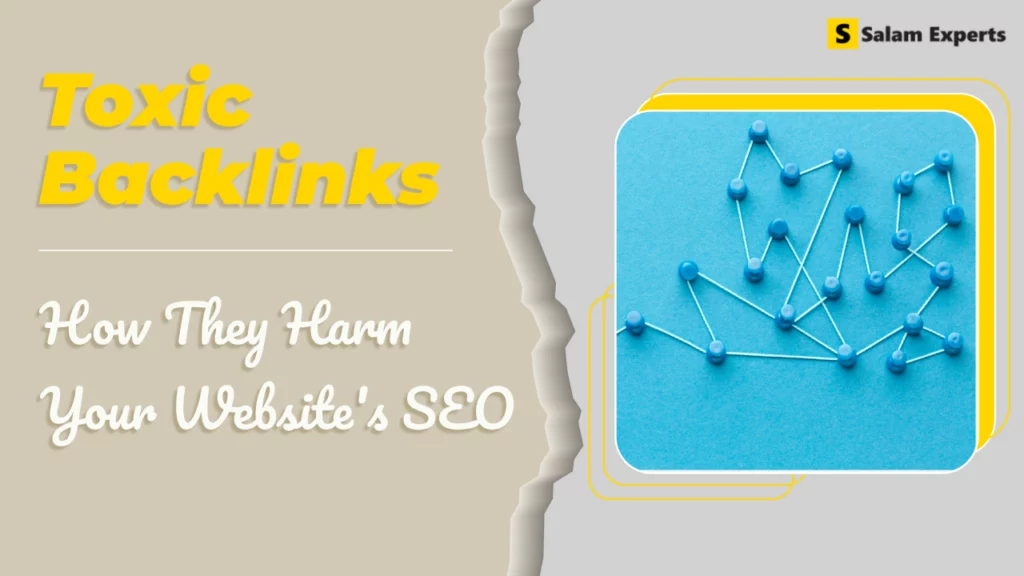Unveiling Google’s AI Overviews: A New Era for SEO Strategies

As artificial intelligence (AI) continues to shape the digital landscape, Google has been at the forefront of integrating these technologies into its search algorithms. The unveiling of Google’s AI overviews marks a transformative phase in search engine optimization (SEO). This article explores the key aspects of Google’s AI advancements and how they are redefining modern SEO strategies.
Understanding Google’s AI Overviews
Google’s AI overviews refer to a suite of AI-driven tools and models that enhance the way search engines understand and process information. These technologies are designed to provide users with more accurate, relevant, and contextually aware search results. Key components of Google’s AI overviews include:
- BERT (Bidirectional Encoder Representations from Transformers): This model excels at understanding the nuances of language by analyzing the context of words within a sentence. It enables Google to deliver more precise search results based on the true meaning of queries.
- RankBrain: An early AI system that uses machine learning to interpret search queries, especially those that are ambiguous or novel. RankBrain helps Google match queries with relevant results more effectively.
- MUM (Multitask Unified Model): A sophisticated AI model that processes information across various formats and languages to generate comprehensive answers to complex questions.
These models work in tandem to refine Google’s ability to interpret user intent and deliver high-quality search results.
How Google’s AI Overviews Transform SEO Practices
The integration of AI into Google’s search algorithms has brought about significant changes in SEO practices. Here’s how these advancements are reshaping the SEO landscape:
1. Precision in Understanding Search Queries
- Google’s AI technologies, particularly BERT, have enhanced the precision with which search queries are understood. By focusing on the context and semantics of words, these models ensure that search results are more aligned with users’ actual needs.
- Actionable Insight: Optimize your content to match the natural language patterns of your audience. Create detailed, context-rich content that addresses specific user queries and provides comprehensive answers.
2. Shift Towards High-Quality Content
- With AI models like MUM and BERT, Google prioritizes content quality over mere keyword frequency. These models assess content based on its relevance, coherence, and ability to answer users’ questions effectively.
- Actionable Insight: Focus on producing high-quality, well-researched content that offers genuine value to your readers. Avoid over-reliance on keywords and instead aim for depth and clarity in your writing.
3. Importance of Structured Data and Rich Snippets
- Structured data remains a crucial element in SEO, helping search engines understand the context of your content. Google’s AI technologies utilize structured data to enhance search results with rich snippets, knowledge panels, and other informative features.
- Actionable Insight: Implement structured data markup on your website to improve the visibility and presentation of your content in search results. Use Schema.org to provide detailed information about various content types.
4. Multimodal and Multilingual Capabilities
- Google’s MUM model has introduced advanced multimodal and multilingual search capabilities. This allows users to obtain comprehensive answers by integrating information from different formats and languages.
- Actionable Insight: Diversify your content formats to include text, images, and videos. Optimize each format for search engines and consider providing translations to reach a global audience.
Adapting SEO Strategies to Google’s AI-Driven Changes

To effectively navigate the evolving SEO landscape shaped by Google’s AI advancements, consider adopting the following strategies:
1. Enhance User Engagement and Experience
- Google’s AI models assess user experience by evaluating site performance, mobile compatibility, and overall usability. A positive user experience is crucial for retaining visitors and improving search rankings.
- Actionable Insight: Regularly monitor and improve your website’s performance. Ensure it is mobile-friendly, loads quickly, and offers a seamless user experience.
2. Optimize for Conversational and Voice Search
- The rise of voice search has made it essential to optimize for conversational queries. Google’s AI models are designed to handle natural language, making it important to align your content with how users speak and ask questions.
- Actionable Insight: Incorporate natural language and question-based phrases into your content. Think about how users might phrase their voice queries and tailor your content to address those questions effectively.
3. Utilize AI-Enhanced SEO Tools
- AI-powered SEO tools provide valuable insights and recommendations based on Google’s AI advancements. These tools can help optimize your content, track performance, and stay ahead of the competition.
- Actionable Insight: Explore AI-driven SEO tools such as Clearscope, Frase, and Surfer SEO. These tools can assist in content optimization, competitive analysis, and performance tracking.
Exploring Future Trends in AI and SEO
As Google continues to advance its AI technologies, the future of SEO will likely involve further innovations and trends. Here’s what to watch for:
1. AI-Generated Content and Its Implications
- AI-generated content is becoming more sophisticated, raising questions about its role in SEO. Understanding how to leverage AI-generated content and differentiate it from human-created content will be essential for maintaining a competitive edge.
- Actionable Insight: Stay informed about developments in AI content generation and explore ways to integrate AI-generated content into your strategy. Ensure that any AI-generated content maintains high quality and relevance.
2. Personalized Search Results
- Google’s AI models are increasingly focused on delivering personalized search results based on individual user preferences and behaviors. This trend emphasizes the need for personalized content strategies.
- Actionable Insight: Tailor your content to cater to different audience segments and personalize user experiences. Use data-driven insights to understand user preferences and deliver relevant content.
3. Advancements in Visual and Video Search
- With improvements in image and video recognition technologies, optimizing visual content will become more important. Ensure that your visual assets are optimized for search engines and provide relevant metadata.
- Actionable Insight: Implement best practices for visual and video SEO, including descriptive filenames, alt text, and video transcripts. Optimize visual content to enhance its discoverability in search results.
Conclusion
The unveiling of Google’s AI overviews marks a new chapter in the world of SEO. As AI technologies continue to evolve, understanding their impact on search algorithms and adapting your SEO strategies will be crucial for success. By focusing on high-quality content, and user experience, and leveraging AI-driven tools, you can stay ahead in the ever-changing digital landscape.
Keep an eye on industry blogs and news sources for ongoing updates and insights into Google’s AI advancements and their impact on SEO. Staying informed will help refine your SEO strategies and maintain a competitive edge in the digital realm.





